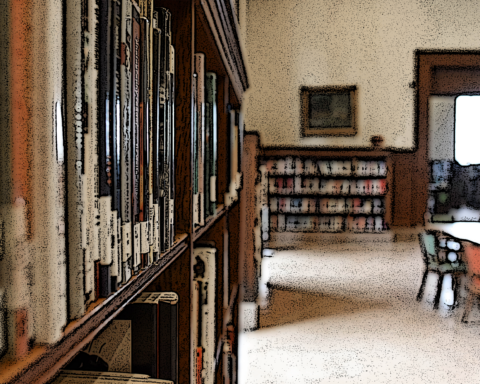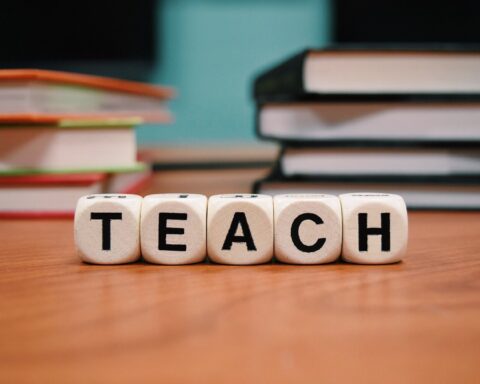
Unbound: What was your role in the education system?
David: I taught at Horace Mann Elementary School in Washington, DC, for 2 years. I served first as a 2nd Grade assistant teacher, then as a 4th Grade long-term substitute (for a woman on maternity leave), and finally as a Pre-K-to-2nd-Grade PE teacher and 3rd-5th Grade Math Specialist.
I also taught at Ratta Mixed Secondary School in Ratta, Kenya, for 1 year, through the Young Adult Volunteer program. I taught Math, English, PE, and Computer Technology.
Unbound: At what type of school did you work?
David: Horace Mann is a public school in DCPS. Ratta Mixed Secondary School is harder to define. It is not a public school in the same sense of the word, but ‘private’ is not quite appropriate either. It has connections to the Anglican Church of Kenya and holds Anglican services on Wednesdays for the students, but also gets some funding from the government. It has a yearly tuition of about $150, which is more than many families in the area can afford.
Unbound: Tell me about the demographics of your students.
David: Horace Mann is located near many of the embassies in Washington, so many of my students’ parents had connections to them. In that one elementary school, 53 countries were represented by the student body! Racial-ethnic diversity was very high; however it is not a very diverse school socio-economically.
___________________________________________
The early years are incredibly formative. Many students who start kindergarten behind are never fully able to catch up.
___________________________________________
Ratta is located within the Luo micro-nation, so the student body is made up entirely of that micro-nationality. While, as I mentioned, the tuition is beyond what many families can pay, Ratta is the school with the lowest tuition in the area, making it the school for the lowest class that can afford school.
Unbound: Why did you work in education?
David: I worked in education for three years before going to seminary. I have the utmost respect for teachers, I and feel it is one of the most important callings in our society. I am utterly impressed by those who get up day after day to shape our young people.
 Unbound: Did your worldview and your beliefs about religion and ethics affect your work in the school system?
Unbound: Did your worldview and your beliefs about religion and ethics affect your work in the school system?
David: It would be impossible for it not to! Take a recent example: at a school in town, one social studies teacher was giving extra credit for high schoolers to go see American Sniper; in the same school, a different social studies teacher was offering extra credit to go see Selma. How teachers see the world seeps into lesson plans, lectures, and the videos and other curriculum material they use.
Unbound: What was the most challenging part of your work?
David: The students.
Unbound: What was the best part?
David: The students.
Unbound: Based on your experience, if you could magically enact one large-scale change for education in general, what would it be? Why?
David: Universal Pre-K for all, and a second (competent) teacher in every elementary school classroom. The early years are incredibly formative. Many students who start kindergarten behind are never fully able to catch up.
*****
Read more interviews with educators!
Read more articles in this issue: Pedagogy for the Distressed!





Unbound Social